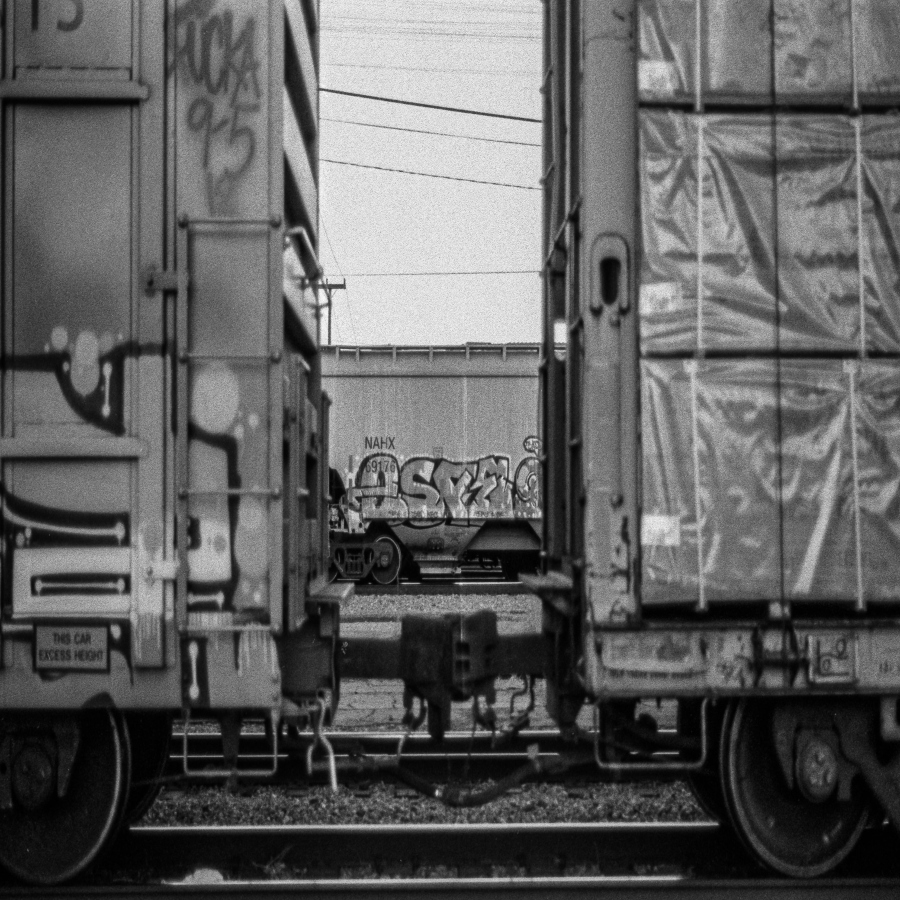I like my men close, their arms like shelter. Yours pull me into your sternum as we roll around a twin-size bed. The headboard creaks against curtain-darkened windows. Noon out, but in this sticky heat, warm air sandwiched between marijuana and days-old wasabi, we live in the cavity of midnight. Drink each other’s mouths to quench the drought, the nooks between teeth a safe space. A warm memory.
Like my fifteenth birthday at Uncle’s house in Ikoyi Island. And my fourteenth. And my thirteenth. His house was the kind with two levels and squiggly-line paintings and a roof-pinned satellite dish, a sanctuary from the dreariness of Pa’s mudbrick hut. Uncle, always smiling his Nido-Milk smile, always handing me an envelope burgeoning with naira notes, always saying “buy something sweet,” so confidently too, like the world could never run out of honey. I used the cash to purchase sachet yogurts from the mallam truck parked outside my secondary school gates, a skinny man with gleaming-hope eyes waiting for the final bell’s clang to unlatch his windows. Hands full, I met Bisi and Hakeem by the old cargo port. We sucked liquid strawberries from torn paper edges, wiggled sunlight between our dusty toes.
With you, every new motion is measured, self-conscious. I match your arc with my eyes closed, catch your drool on my curved back. Afterward, we repose our lego-block arms in each other’s armpits. There’s a finality to our tangle as if we will never rise from bed. What a thing to rise at all, hopeful and audacious: the world awaits us. This must be what Pastor Kanu of Saint Mary’s Church meant by faith–to believe without seeing. To be seven was to latch onto the bass of his speaker-boosted proclamations: look at the stars; find an angel in each dotted light. I rediscover them in light’s absence, my fingers skittering across bed linen until they find yours.**
I like my men distant, their eyes full of secrets.
Yours avoid mine after your lamp-string tug floods two bulbs with warmth. The bed sighs when you rise. I suppose I must rise too, must seek the things awaiting me. Today, your toilet, where the bowl is brown-stained, the towels warm with moisture. Tomorrow, the basement cubicle of Danlade Daily, infested by clacking printers and the buzzing wings of gnats. And on Tuesday night, palm-wine bars with soccer TVs. The glow of green glass catches on the faces around my table, faces glimpsed for years now but no less foreign. It amazes me how they can talk for hours without saying anything, how they can wring dry every molecule from weather forecasts, presidential predictions, bullshitting referees. If I injected our facade with the tiniest, most unremarkable truth–I like my men–their skins would catch fire, their dinner knives would rise. It was never this hard around Bisi, was it? We haven’t spoken since secondary school graduation, but I often think of her. Of Dragon Hakeem too, back when we could be anything, everything, his tail swirling from atop a rusty boxcar, fire lashing at Bisi and me from his fanged and laughing mouth.
“To our mattresses now,” a Tuesday night table-face will say after the soccer game ends and the bar lights dim. He is half-right; there is a mattress, but it is not mine. Not yours either. After today, I will call once; you will not answer. I will take the hour-long bridge path to the newest mattress’s condo. A plane passing overhead will flicker my eyes starward. No angels anymore, only the pinprick corpses of gas giants.
I almost ask you what you believe, but you are marching wordlessly into your living room. There is a spiral-shaped tattoo the size of my thumb on your lower back. And a story there I will never know.**
I like my men damaged, their cracks like mirrors. Keep away the corporate lawyers with even temperaments and seven-figure fathers. They eventually find salvation in a permanent North American visa, a flight ticket, a social media post with 10,000 likes and 10 synonyms for authentic–in that order. We are the ones they leave behind. Give me vodka-colored vomit to sponge clean, my bruised knees taut against chipping tiles. Or, a request made with a downcast face (as if I could ever say no) while shirts and shorts are reattached: one week on your couch, two tops, just until payday. Or, a man who converts his anger into jetliner fists, my bedroom mirror shattering; he tells me about childhood ghosts while I bandage the cuts on his flesh.
Your crack glints in the kitchen when you open your fridge and suddenly shiver in its light. It is uncontrollable, spit dribbling down your mouth. I guide you back to bed. Your forehead glides across the threadbare pillows in a seismic wave. Your arms twitch as if conquering a grand piano or directing the pattering rain starting outside—this way to the parched farmlands, a promise, that way to the windowless houses, a plague. Fuck, you whimper, don’t look. You turn your back to ensure this, but I spread my hen-wing arms and cocoon you until the spasms stop. I do not care about the cause, although I suspect pharmaceuticals. All that matters is your breathing, ragged at first. I know how air can turn the throat into a motor. There is a vibrating over-serious growl in Uncle’s voice when he calls on birthday nights and asks when I’m bringing a woman home. She can even be Yoruba, he allows, as if he is expanding rather than defining the bounds of my existence. As if he doesn’t suspect that there will never be a woman, even a Yoruba woman. There will never be anything but this briefly infinite moment, your breathing slowing to a rhythm in my grip, my stomach marking the grooves of your spine.

